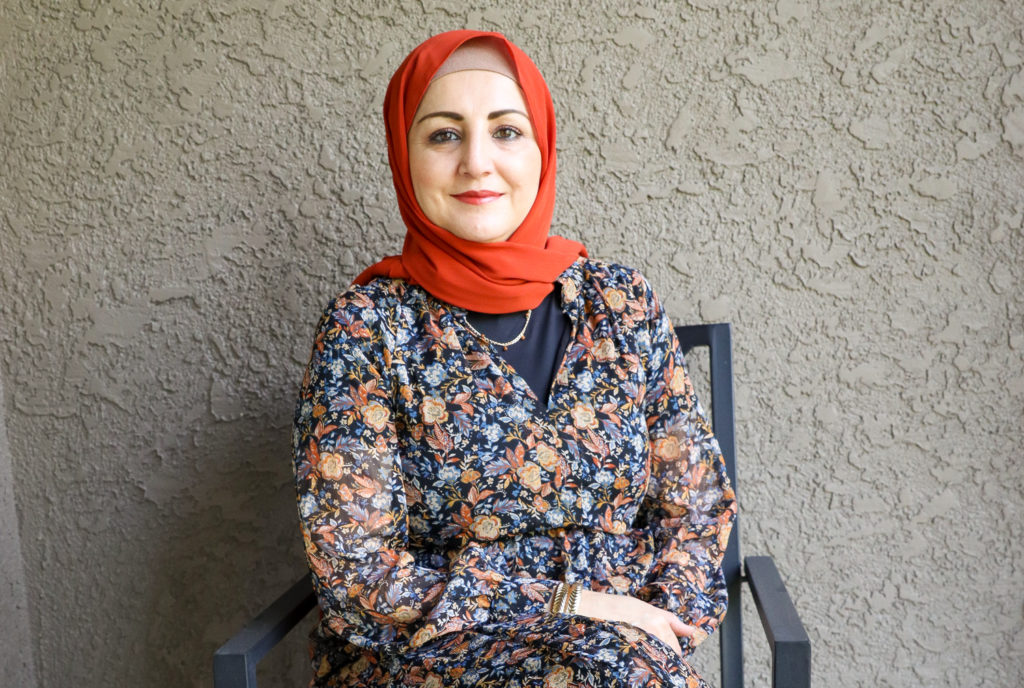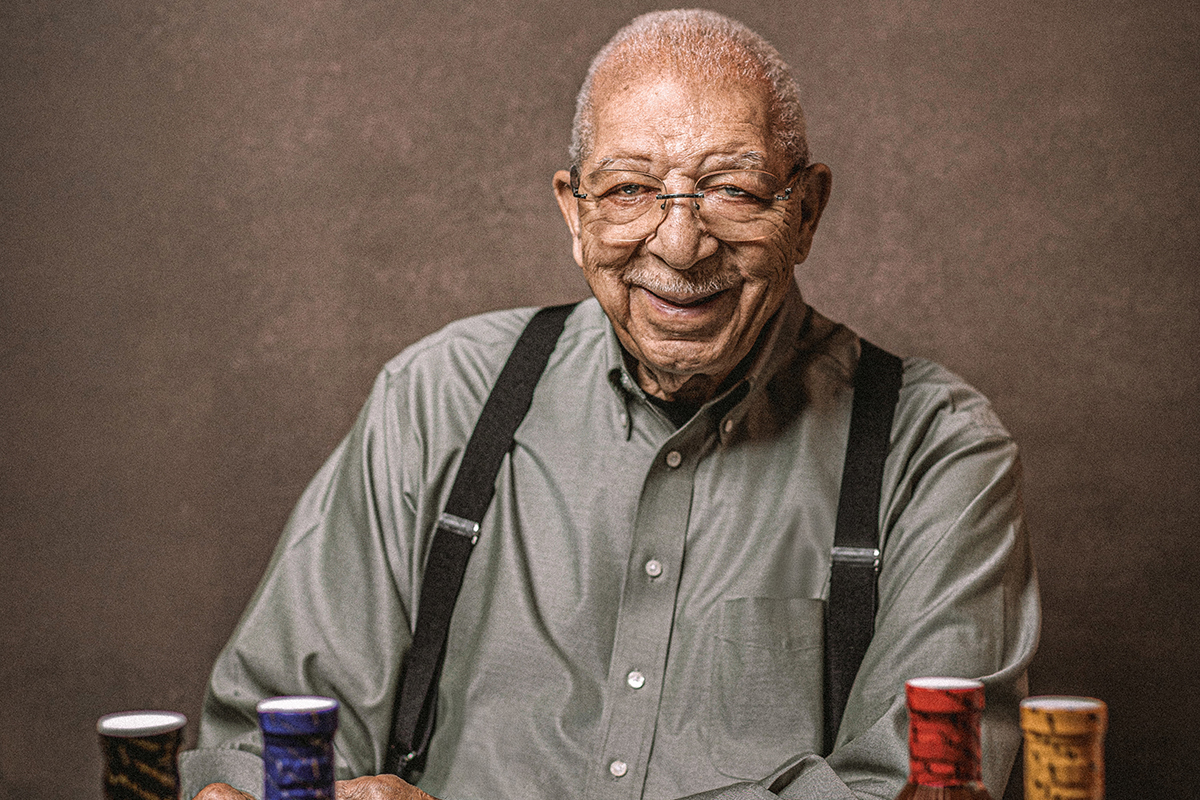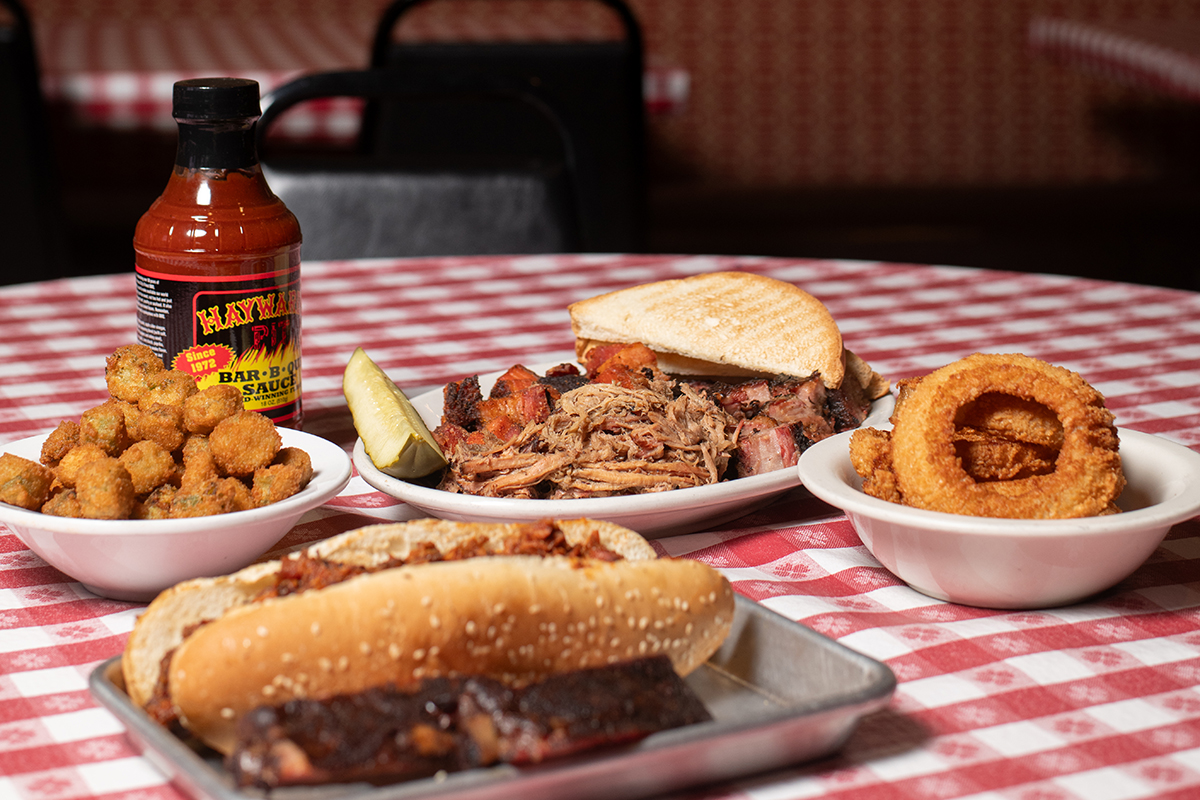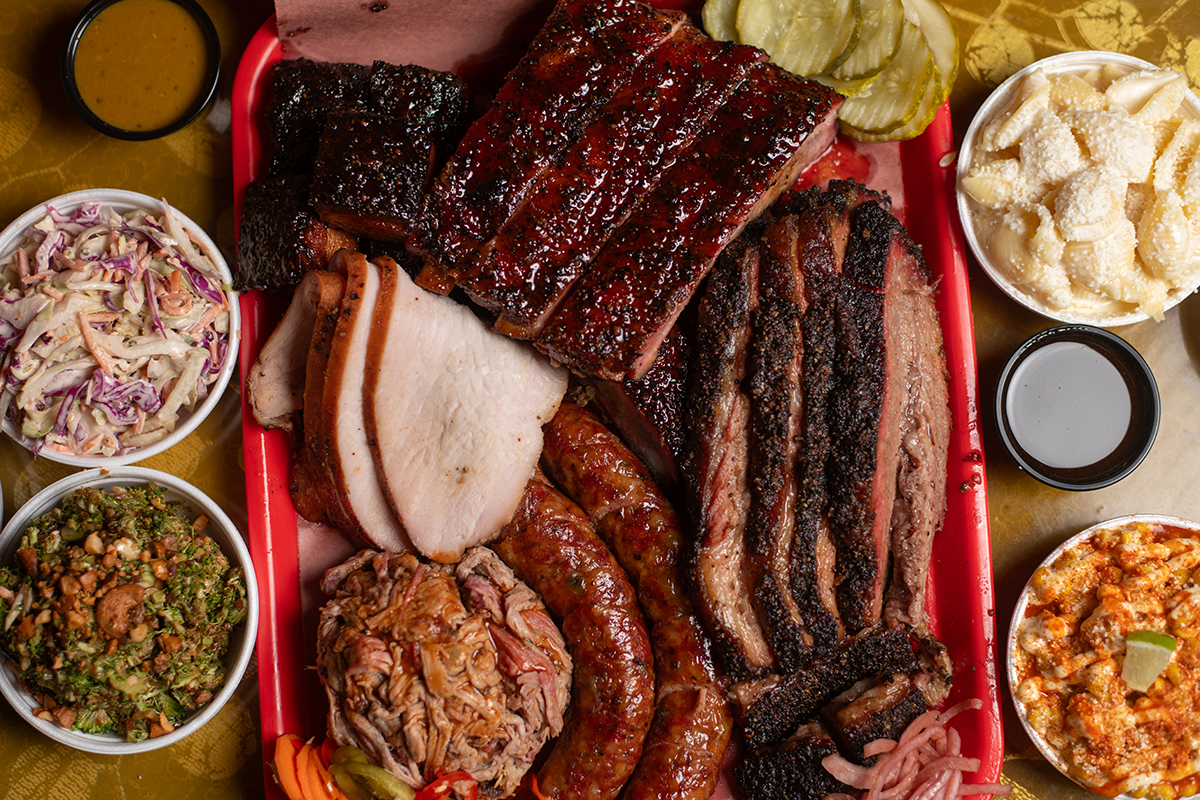If her life hadn’t been in danger in Afghanistan, Sina Baha wouldn’t be in Kansas City.
“Under normal circumstances, no one wants to leave their homes, their jobs, their family and move to an unknown land,” she says.
Baha’s father was an officer in the army under the nation’s republican government, participating in a plot to overthrow the new Communist government. In 1979, he was captured and imprisoned. Baha and her family never saw him again.
Baha and her family left their homeland in 1993, when she was eighteen years old, and moved to Australia. Two years later, Baha got married and moved to the United States. She and her husband eventually settled in Kansas, where she is a stay-at-home mother of four children.
As a new wave of refugees flees Afghanistan following the Taliban’s takeover after the American withdrawal, twelve hundred have come to Missouri and about five hundred to Kansas. We spoke to Baha about her experience and how people can help.
When you first came to the U.S., what surprised you? My experience when I first came to the U.S. is different from the majority of refugees who are arriving now in the sense that I was going to join my husband and had an idea of what to expect from previously living in Australia. Regardless, I missed my mom and my siblings terribly. I still do. I arrived in the U.S. in the month of October, and those cold snowy winter days, oh my. Afghanistan has four seasons and it snows but not as much as it does here.
How have your experiences formed you into the person you are today? I was born in a war-torn country. I was eighteen years old when we moved to Australia and left Afghanistan. I lost my father during the war. That was at the beginning of the war in the late seventies when the Soviet Union invaded Afghanistan. The Communist government joined forces with the Soviet Union, and they were trying to withdraw the old government. My dad was in the army after the previous government and, of course, he didn’t like what was happening in the country, so he was trying to organize an attack against the communist regime. Unfortunately, they had a snitch in their group and he was caught. So he was taken to prison and we did not see him again. I was five years old when this happened, so my mother, a single mom, raised me and my siblings on her own. My childhood experiences made me into a strong, resilient and compassionate person.
Are you currently working with any families or agencies to help other Afghan refugees? I volunteer for Jewish Vocational Services. They are one of the three resettlement agencies that help refugees of any origin. Trying to find them new homes, resettlement and provide their basic needs. I also volunteer for Catholic Charities, I try to do translation for them. Most Afghan refugees can’t speak English, so I try to be the connecting point for them. I have recently met an Afghan family, trying to help with their translation. The lady was going through some medical issues, and I went to see her last night in the hospital. I’m just trying to do this and that, I’m trying to organize a drive in my car to collect some winter clothes for them—trying to do whatever I can.
What are some things that Kansas Citians can do to help? First of all, I would like my Kansas Citians to realize that the Afghan refugees or any refugees have been forced to leave their homes. They have been driven by war to leave. They leave their homes, relatives, careers and family to pursue safety, to have a safe life. I would like my Kansas Citians to be compassionate and kind to these refugees. There are three resettlement agencies—Kansas Citians can make donations, they can find very detailed lists of needed items. If anyone has extra time, they can teach English, how to drive or take them to doctor appointments and help them stimulate society.
What are some ways we can make it more known that help is needed? I think to talk about the refugees and their needs, kind of understand how they ended up here in Kansas. We need to understand that these people only come with a pair of clothes and their backpacks. They have nothing else. They’re escaping from a war-torn country where there has been a war for forty years. They would not have come to Kansas or anywhere in the U.S. if their lives were not in danger, so to try to understand and be compassionate and kind toward people.
How To Help
Catholic Charities of Northeast Kansas
Catholic Charities of Northeast Kansas is providing resettlement services to Afghan refugees. They have already received twenty-seven evacuees, with about a hundred to come. The ministry is accepting volunteers and monetary donations, as well as certain items to help furnish homes and provide transportation for refugees. “On average, we are receiving a two- to three-day notice of arrivals, which makes finding housing a challenge,” says Kasey Featherston, who runs the program. “We have limited free temporary housing available, but some evacuees are staying in hotels at their own expense, which comes from their $1,225 per-person one-time stipend from the federal government. We are seeking additional financial support to help offset this expense for these families.”
Della Lamb Community Center is a nonprofit organization also working to resettle Afghan refugees. The organization is currently accepting around four hundred and fifty refugees, with the number expected to rise. “Our needs vary by the family, but we’d encourage anyone who would like to connect with our volunteer or in-kind giving program to visit our website and add your name to our email list,” says staffer Cori Wallace. “There are many assumptions about what refugees need, and it’s our pleasure to operate transparently and share with Kansas Citians who want to help how they might effectively do that.”
Jewish Vocational Services is a nonprofit organization in the greater Kansas City metro area working to resettle all refugees, including those from Afghanistan. The organization accepts monetary donations. Kansas Citians can also get involved by joining one of JVS’s many volunteer opportunities.





